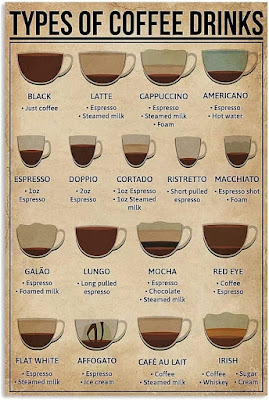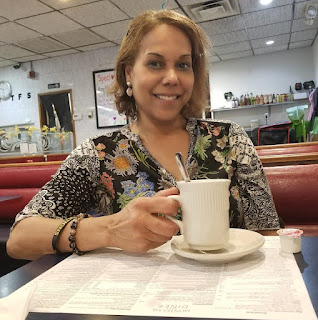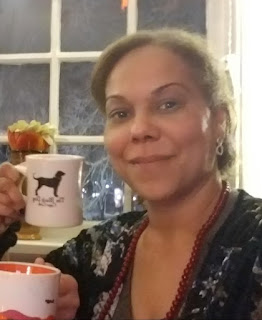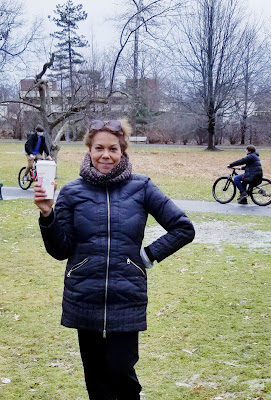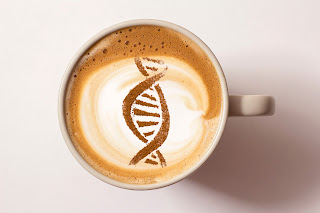The Storied History of Coffee: Sex, Science, and the Politics of Respectability

It is the stuff of dystopian novels. Imagine this: Coffee is illegal. It is considered dangerous and illicit. Consumption can be punished with jail, or even death. Your life can be ruined if there is any evidence that you are trying to grow your own coffee trees. If someone comes into your house and smells hot brew, they must report it to the authorities. It is so far-fetched as to seem laughable, but once upon a time, coffee was considered dirty, lascivious, and dangerous. Although during the 1500’s, coffee was widely used for social and intellectual purposes throughout the Middle East, in Persia, Egypt, Syria, and Turkey, it was generally not available in Europe. At that time, many in Britain viewed coffee as some exotic, “Muslim” brew. Slowly coffee made its way into European culture, where it took hold with fervor. By the 1600’s, coffee had sparked a full-on social revolution in Britain where coffeehouses became the center of social life for many men (and a few women as well). In



